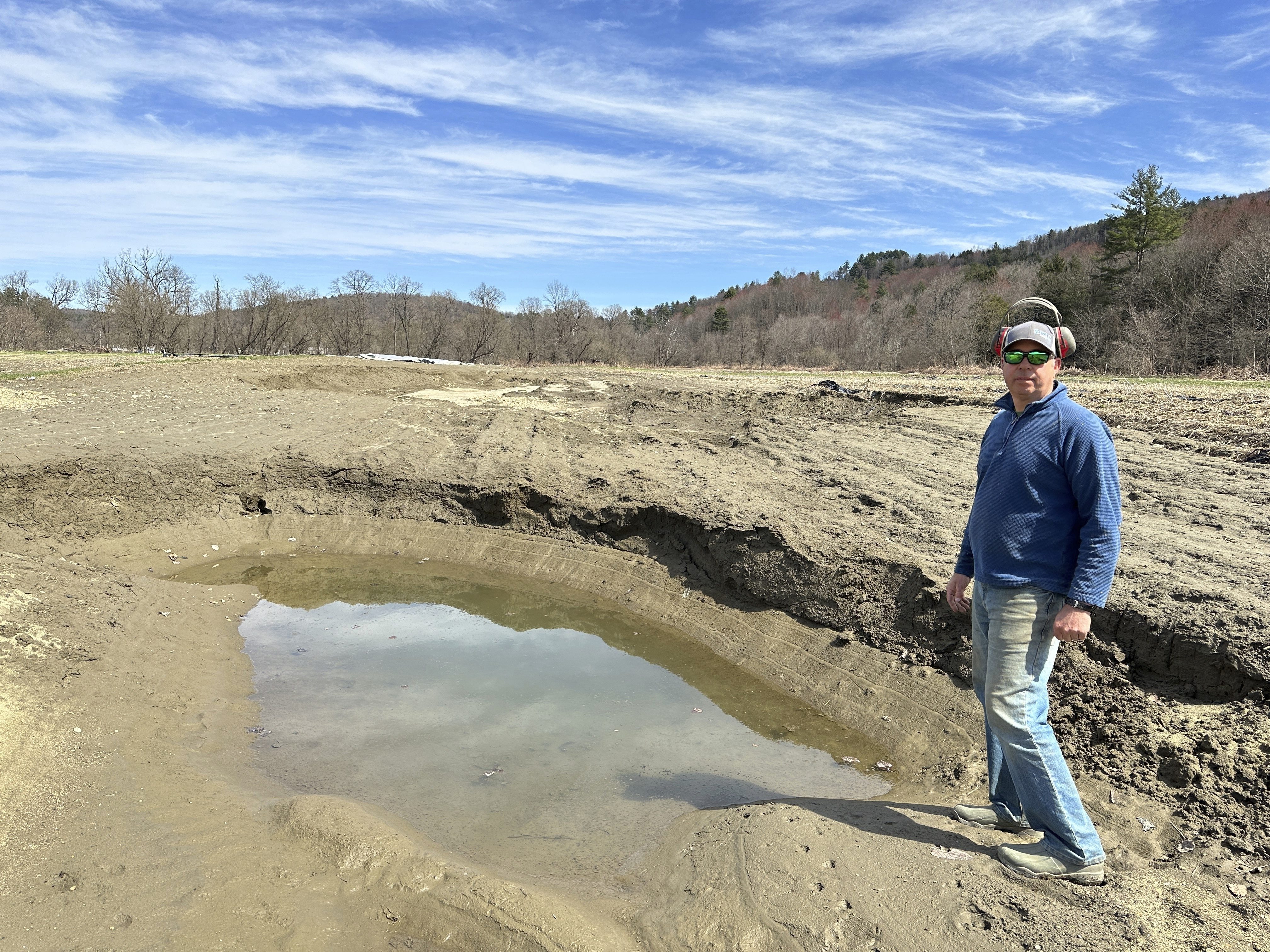With the ski season already underway at select resorts in New England, the ski industry in Vermont—the East Coast’s top state for skier and rider visits—is boasting of successes in going green.
Opening day for skiing and riding is still more than a month away at Vermont’s Bolton Valley, but when the lifts start running, the snowmaking operation at the destination will be a lot greener.
Bolton Valley spokesman Josh Arneson said old air compressors that used to burn 25,000 gallons of diesel fuel a season are being swapped out for electric versions that will be more affordable to run long-term, with a much lighter environmental impact.
“Bolton Valley, as well as a lot of other ski areas, are trying to do what we can, do our part, to reduce emissions and be more green,” Arneson said.
Over the past several years, many of Vermont’s resorts have been switching to low-energy snowmaking guns.
At Mount Snow, which opens for the season earlier than ever this Saturday, its entire fleet of guns is now low-energy, operating on as little as a hundredth of the compressed air the old models needed.
“We’re able to pretty much double our water capacity and only increase our energy consumption by 10 percent,” said Kevin Harrington, the director of on-mountain operations for Mount Snow.
Vermont
The latest news from around the state
“Our engineers tell us the snowmaking efficiency in Vermont is the best in the country,” said Rebecca Foster, the director of Efficiency Vermont, the statewide utility working to promote energy savings.
For several years now, Efficiency Vermont has been encouraging the state’s ski areas to pursue green upgrades.
Foster said new guns like Mount Snow’s can run for just ten cents an hour, compared to ten dollars an hour for the retired versions.
All told, she estimated going green has helped Vermont resorts save $9-million a year in snowmaking costs and slash 80-million pounds of carbon emissions.
“Ski areas–it’s important that they remain viable and vibrant because they do support so many other businesses and are a big part of the economic development picture in different parts of the state,” Foster said.
Foster predicted the next frontier for resorts will be to make improvements to dining and lodging areas, finding new ways to operate smarter that benefit both their bottom line and the planet.



